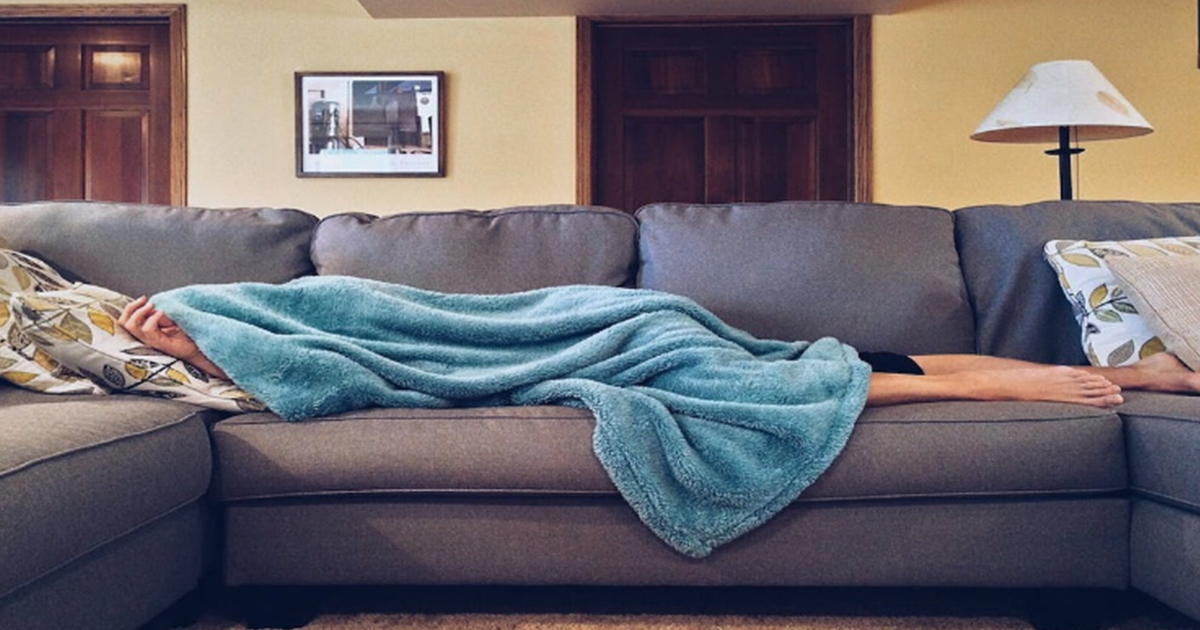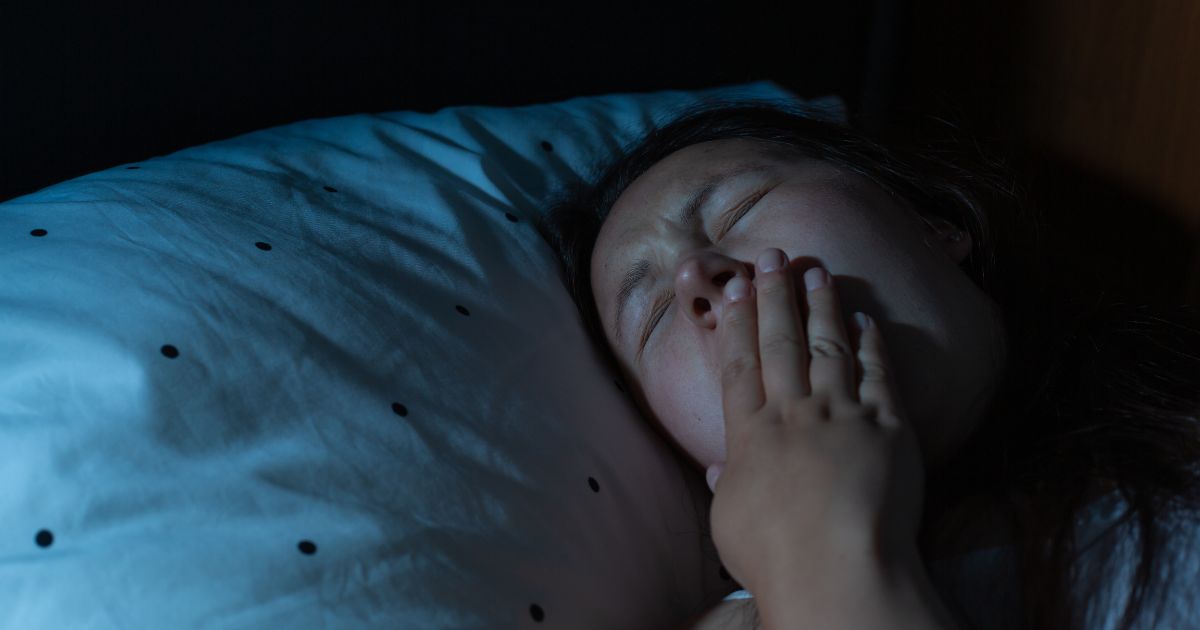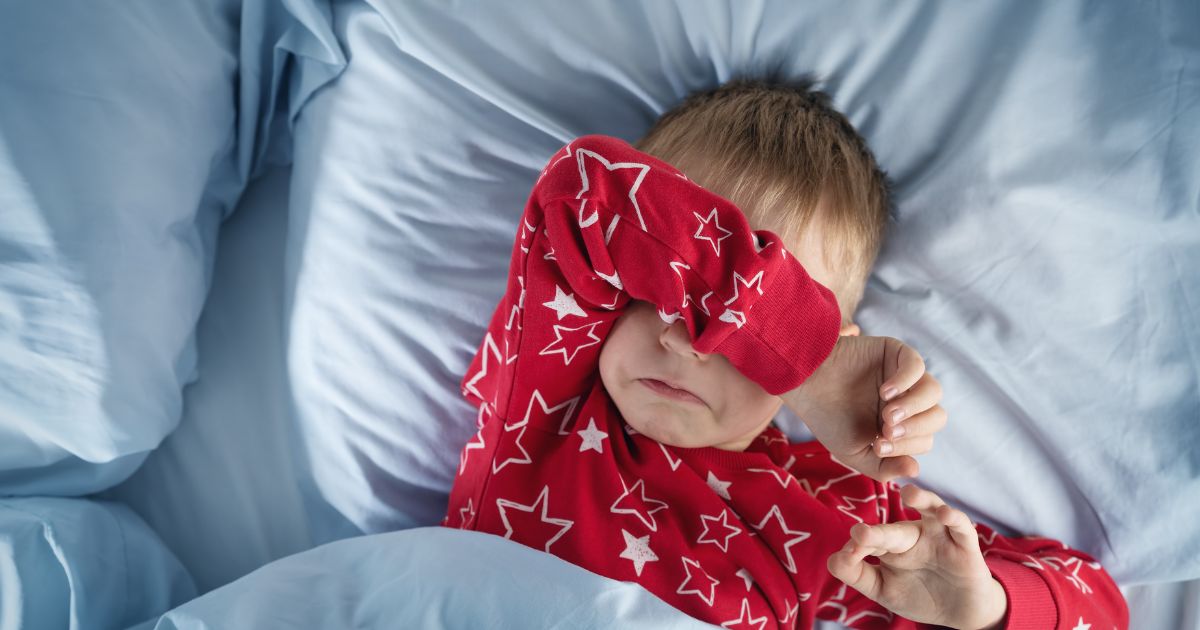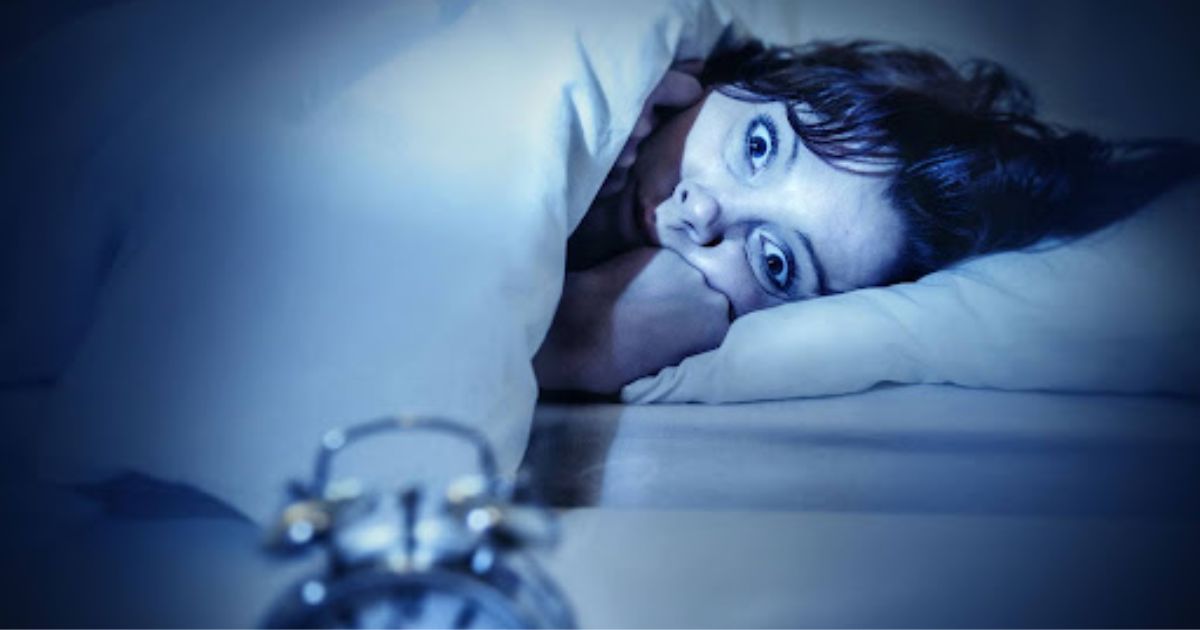Sleep is a necessary part of your daily routine. It is as essential to survival as food and water. When we don’t sleep enough, the brain cannot function properly. While sleep is very important, too much sleep is just as damaging as not enough sleep. If you sleep more than usual after a late night or if you experience sleepiness because you have a baby at home, you probably don’t suffer from a sleep disorder. A sleep disorder is possible when you are oversleeping on a regular basis. It could also be a sign of a lifestyle problem. When feelings of exhaustion affect your daily life, you should consider making lifestyle changes or getting tested for a sleep disorder. It is a common misconception that sleep disorders are only associated with a lack of sleep. However, many sleep issues can cause excessive tiredness and lead to oversleeping. In this blog, we will look at what qualifies as oversleeping and what could be causing it.
Am I Oversleeping?
Each person requires a different amount of sleep, dependent on many different factors, including age, health issues, activity levels, and general lifestyle. According to the American Academy of Sleep Medicine, healthy adults should be sleeping for 7-9 hours each night. If you don’t feel rested after 9 hours of sleep, there may be an underlying issue. Additionally, being unable to get through the day without napping several times is a cause of concern. An oversleeping issue does not apply if you need a nap after an intense workout or if you go to bed early after a stressful day at work. Also, if you are sleeping a lot because you are sick or have recently been sick, you should give your body the rest it needs to fully recover. We all need extra sleep from time to time, but if excess sleeping is an everyday necessity for you, it qualifies as oversleeping.
If you are still tired after a long night’s rest, you may think getting more sleep is the solution. However, sleeping too much has its own side effects. Oversleeping side effects mostly affect people who regularly sleep for 11-13 hours each night. If these signs and symptoms below apply to you, you may be oversleeping:
- Headaches
- Difficulty concentrating
- Weight gain
- Memory issues
- Anxiety
- Puffy eyes and face
- Extreme fatigue
- Productivity issues
Do I Have a Sleep Disorder?
Before asking yourself if you might have a sleep disorder due to sleeping for too long, reflect on your habits and health. Other factors besides a sleep disorder can lead to oversleeping:
- Depression. Many people with depression experience oversleeping. Not only does depression cause oversleeping, but oversleeping can cause depression.
- Medications. Some medications can cause excessive sleepiness as a side effect, leading to oversleeping. Check the common side effects of your medications and speak to your doctor about adjusting the dosage or changing to a new medication.
- Alcohol use. Drinking alcohol before bed affects REM sleep, an essential part of the sleep cycle. Ongoing alcohol consumption affects the quality of your sleep, leading to tiredness the next day.
- Teeth grinding. Bruxism, or teeth grinding, can lead to sleep disruptions and cause you to wake up feeling unrested. It can also be a sign of a sleep disorder.
Another step to take before looking into a sleep disorder is to think about the environmental conditions in which you sleep. An uncomfortable mattress, feeling too cold or too hot, loud noise, and bright lights can all disrupt a good night’s sleep. Keep televisions and devices off to improve the quality of your sleep. Also, establish a sleep schedule to get your body into a routine that will make your sleep more consistent. If these are steps you have already taken and are still suffering from constant tiredness, it may be time to look into a sleep disorder and treatment plan.
What Are Common Sleep Disorders?
Sleep disorders are health conditions that affect the quality and amount of sleep you get at night. These disorders affect your sleep, which leads to mental and physical health effects. Everyone has trouble sleeping from time to time. People with sleep disorders, though, experience sleep issues frequently. Waking up from 8 hours of sleep and not feeling refreshed is concerning. Sleep disorders are intense conditions that disrupt your quality of life. Below are common sleep disorders associated with oversleeping:
- Narcolepsy: People with narcolepsy find it difficult to stay awake for long periods of time. They experience such drowsiness during the day that they suddenly fall asleep without control.
- Hypothyroidism: An underactive thyroid can cause severe sleepiness after a full night’s rest. This leads to excess napping and oversleeping.
- Sleep Apnea: Obstructive sleep apnea causes a stop in breathing multiple times during sleep. This causes daytime sleepiness and a need for more sleep.
Jacksonville Sleep Center Can Help
Occasional oversleeping is not a cause for concern. However, if you have a history of oversleeping or have suddenly been experiencing the symptoms of oversleeping, contact the Jacksonville Sleep Center in Jacksonville, Florida for help. People who oversleep still feel tired despite sleeping longer or taking frequent naps. If you consistently feel tired even though you get enough sleep at night, we are here to help. We offer care for a wide range of sleep issues and will work with you to create an individual treatment plan to help you get a better night’s sleep.






